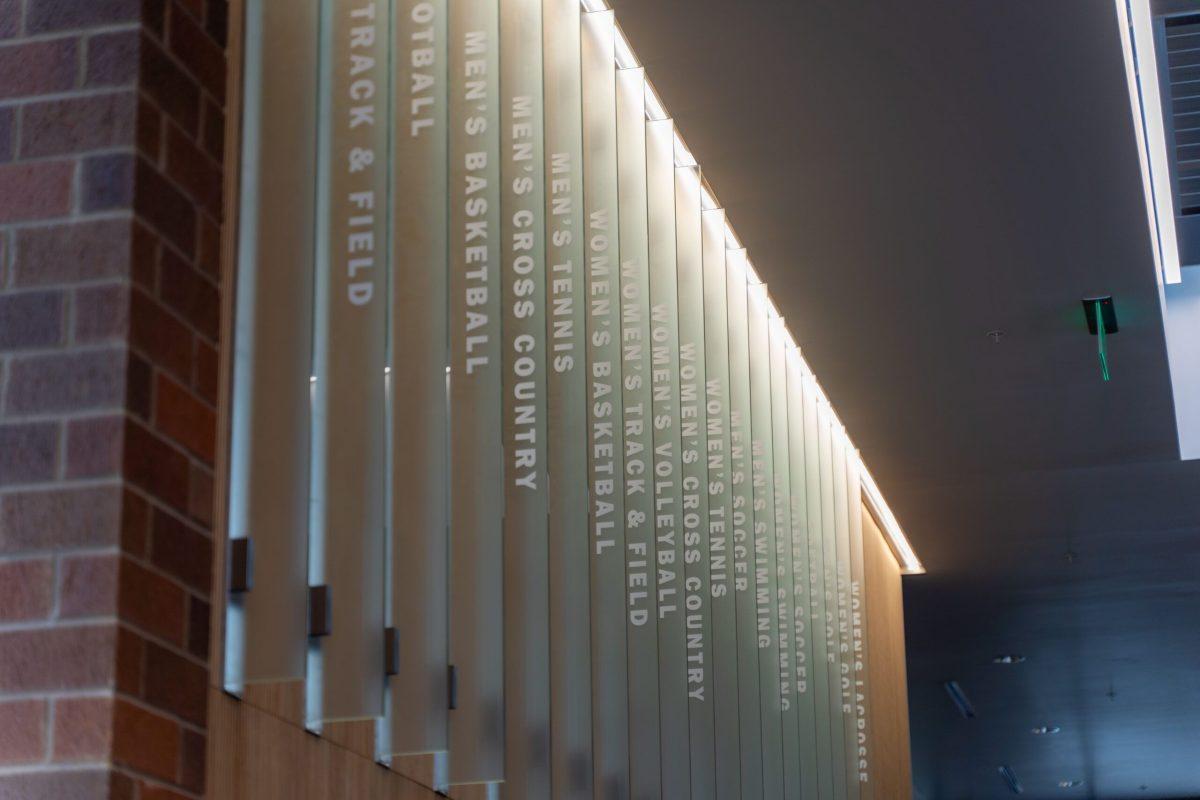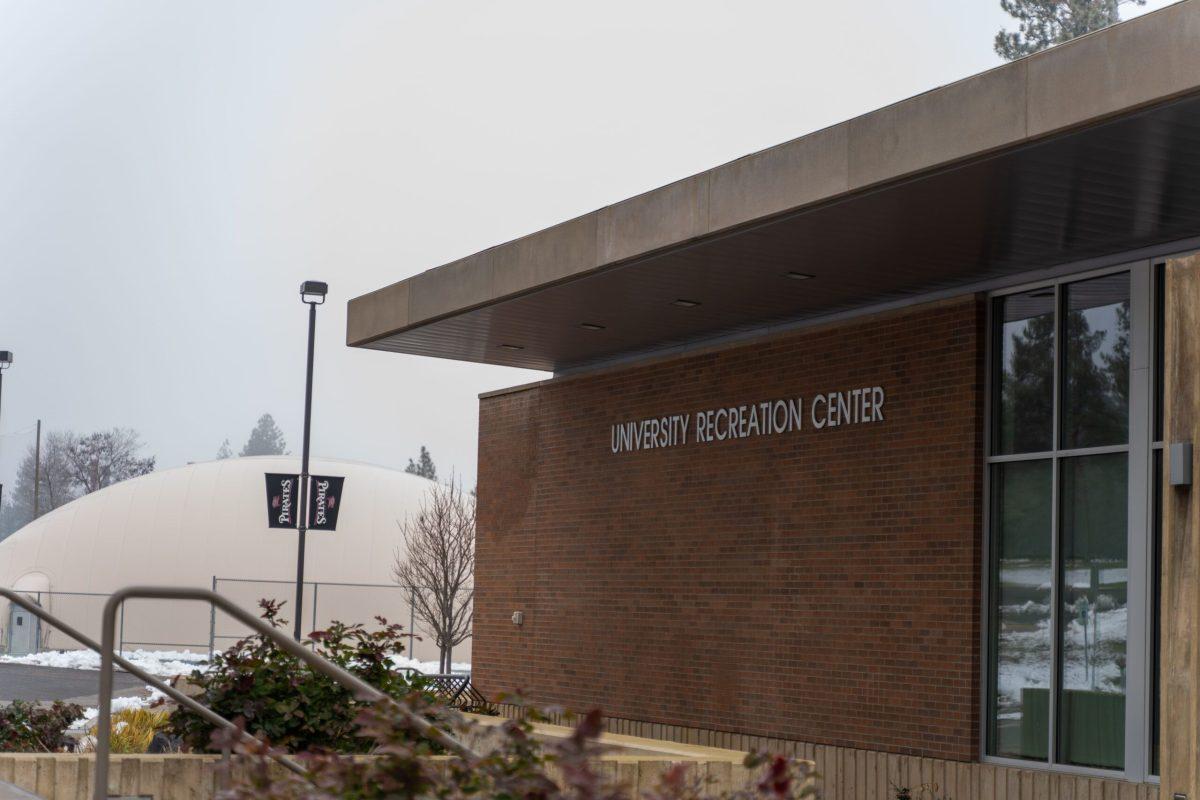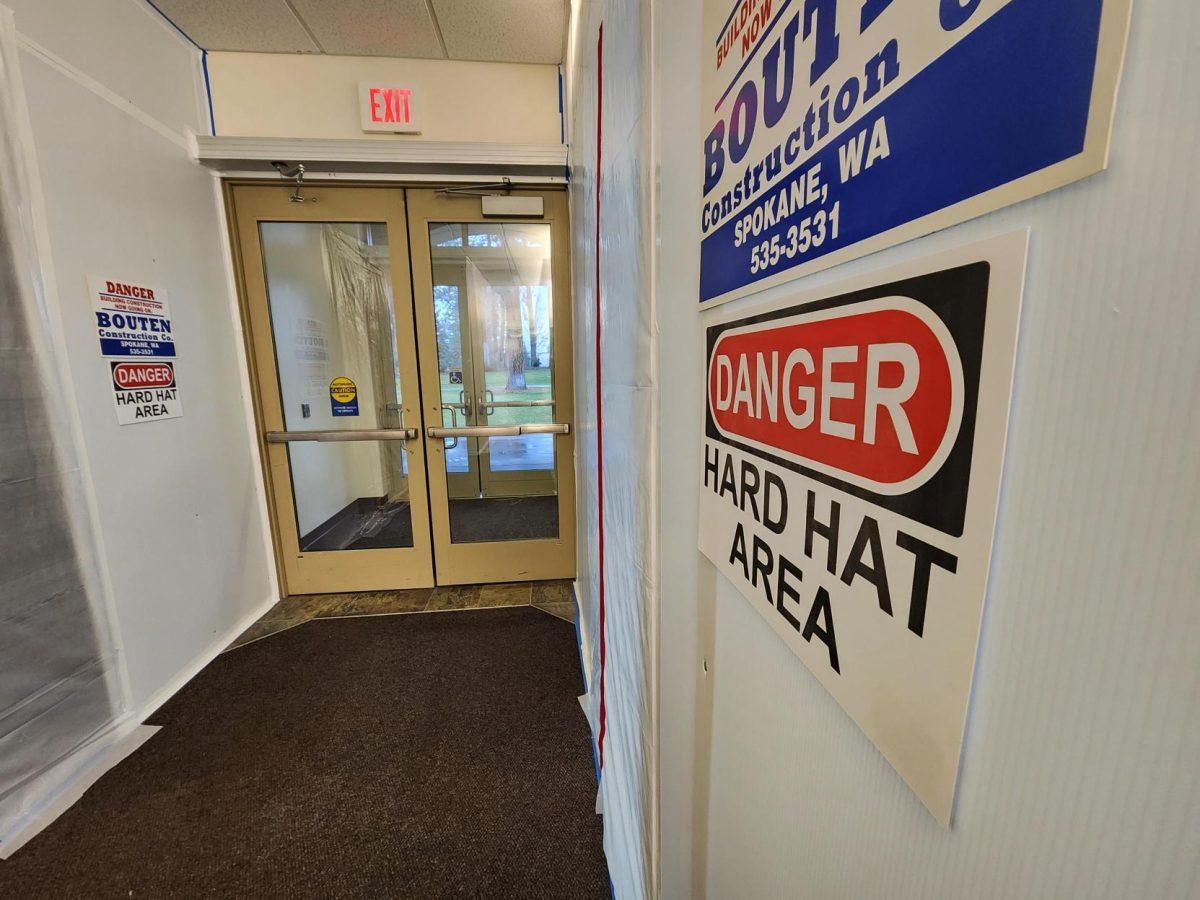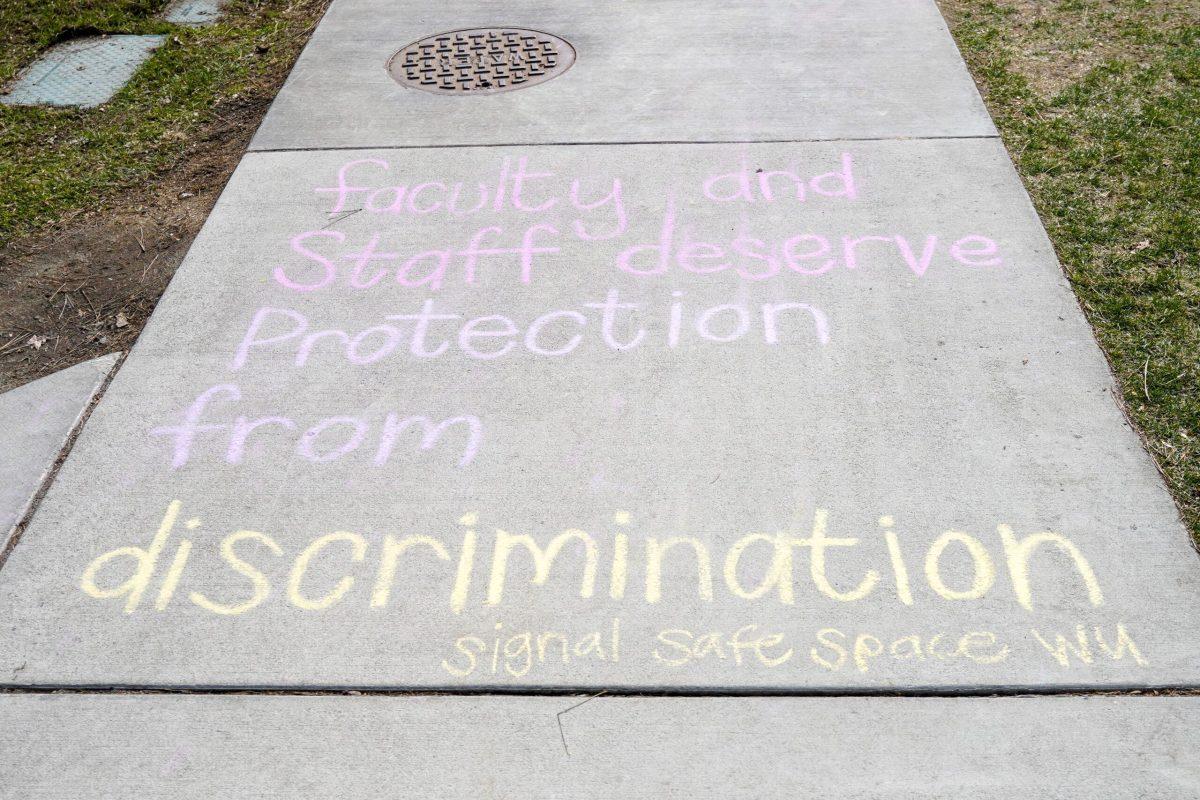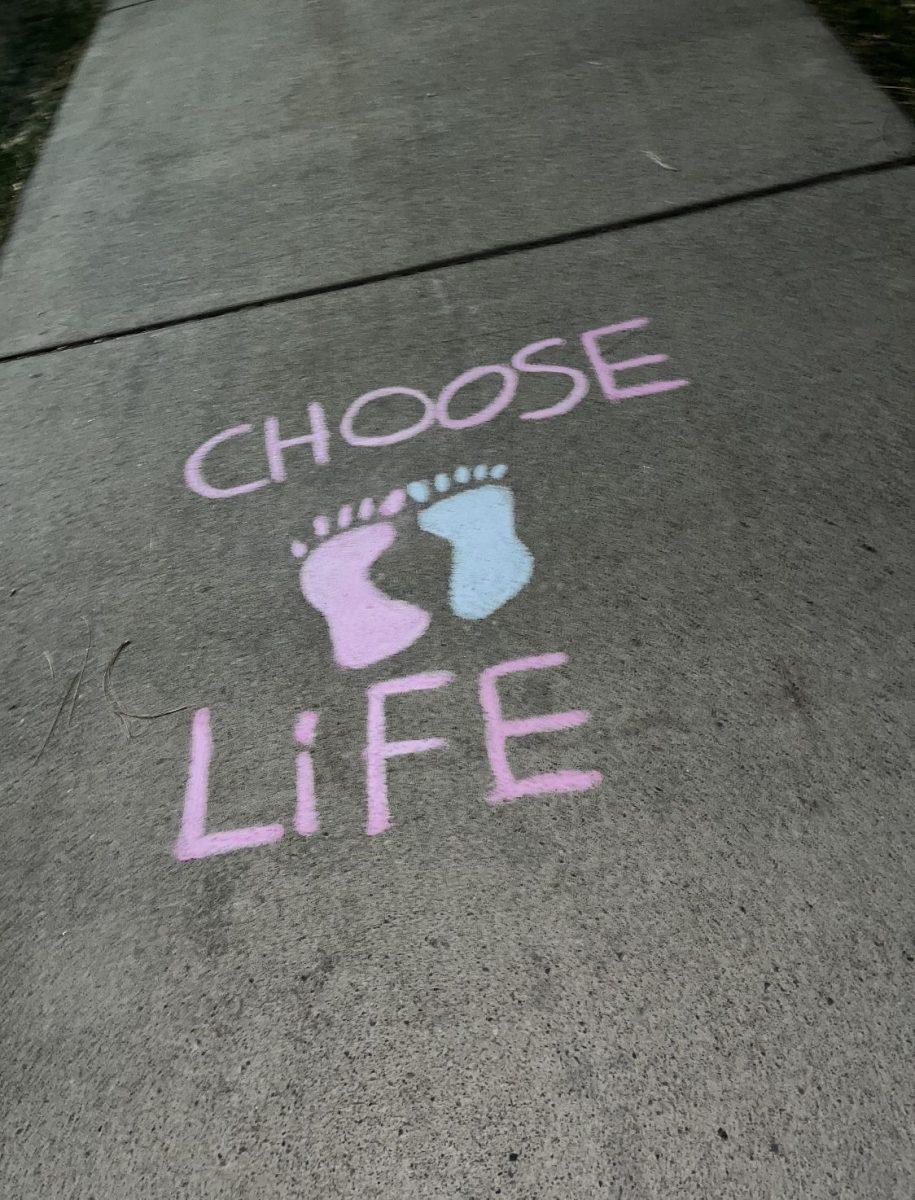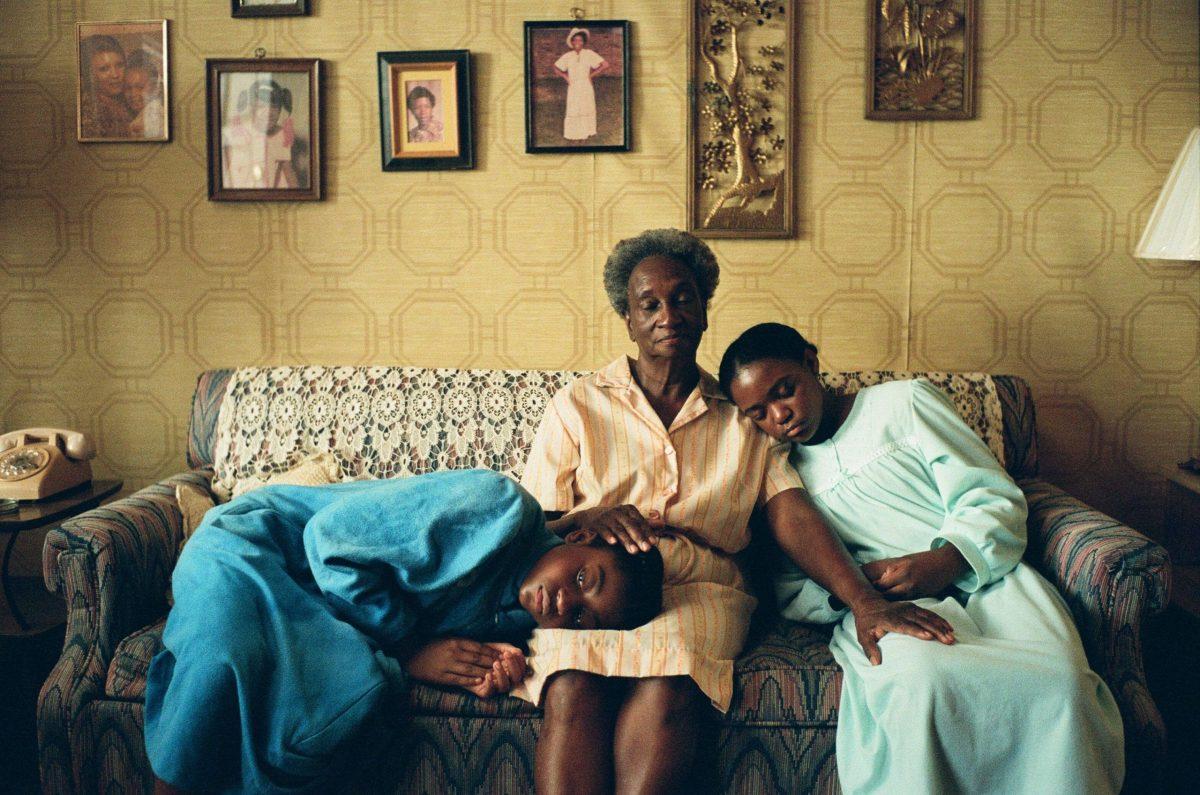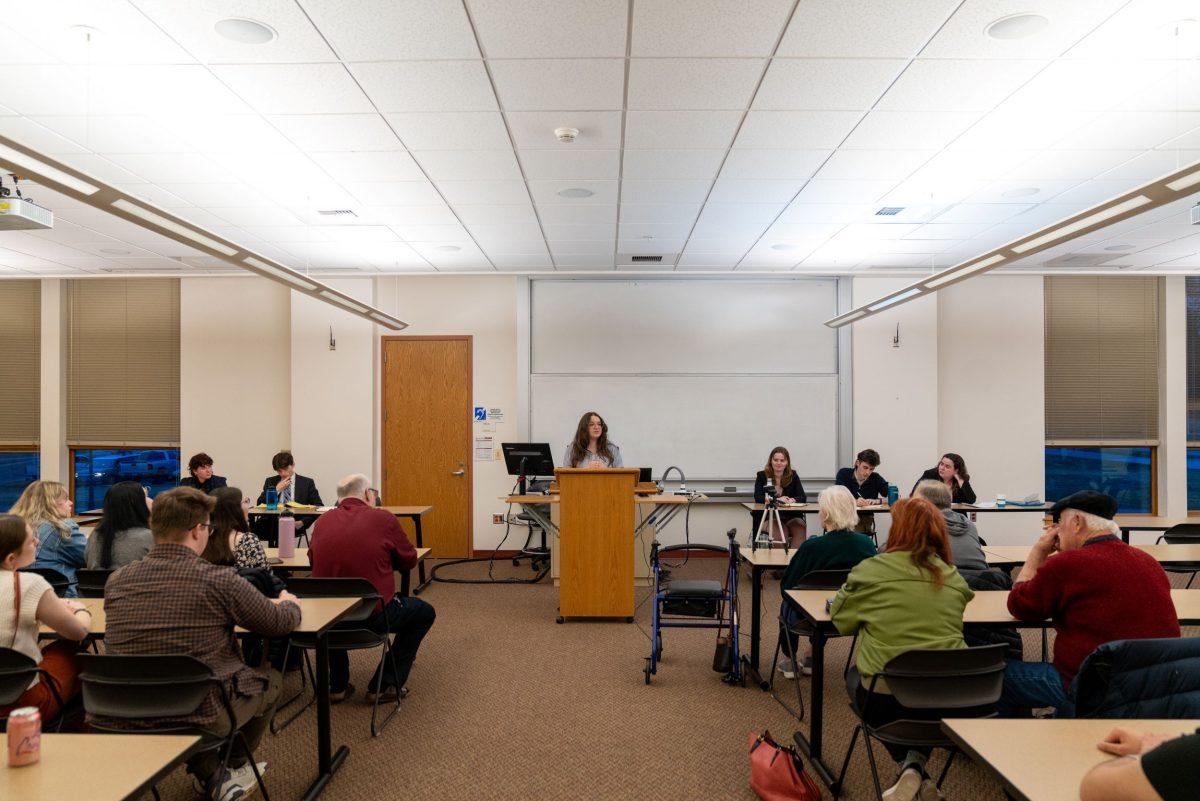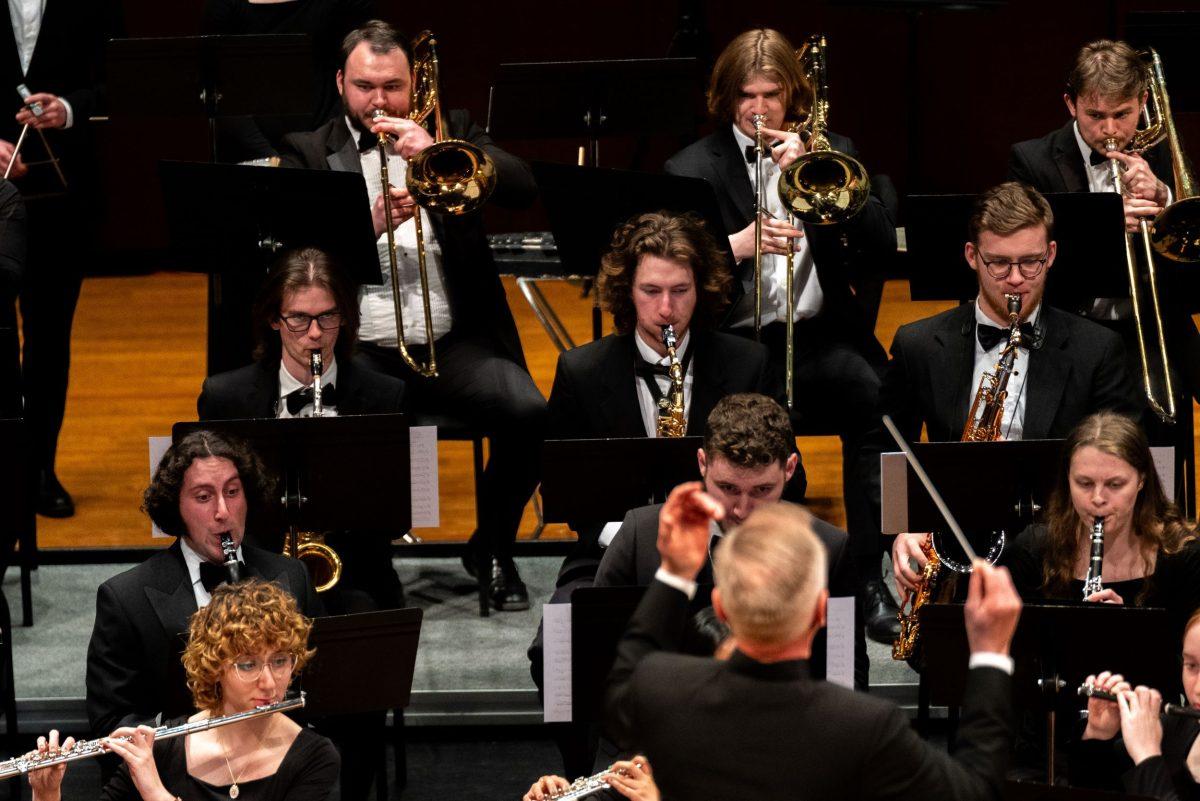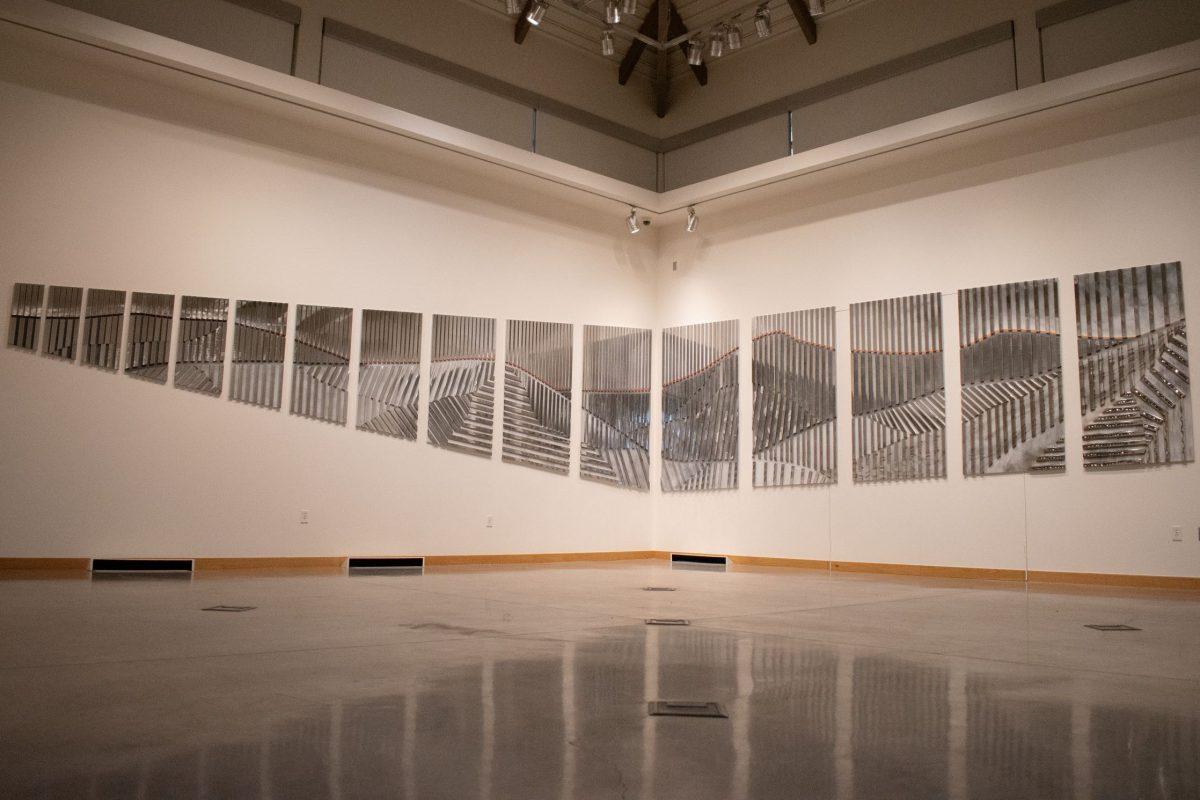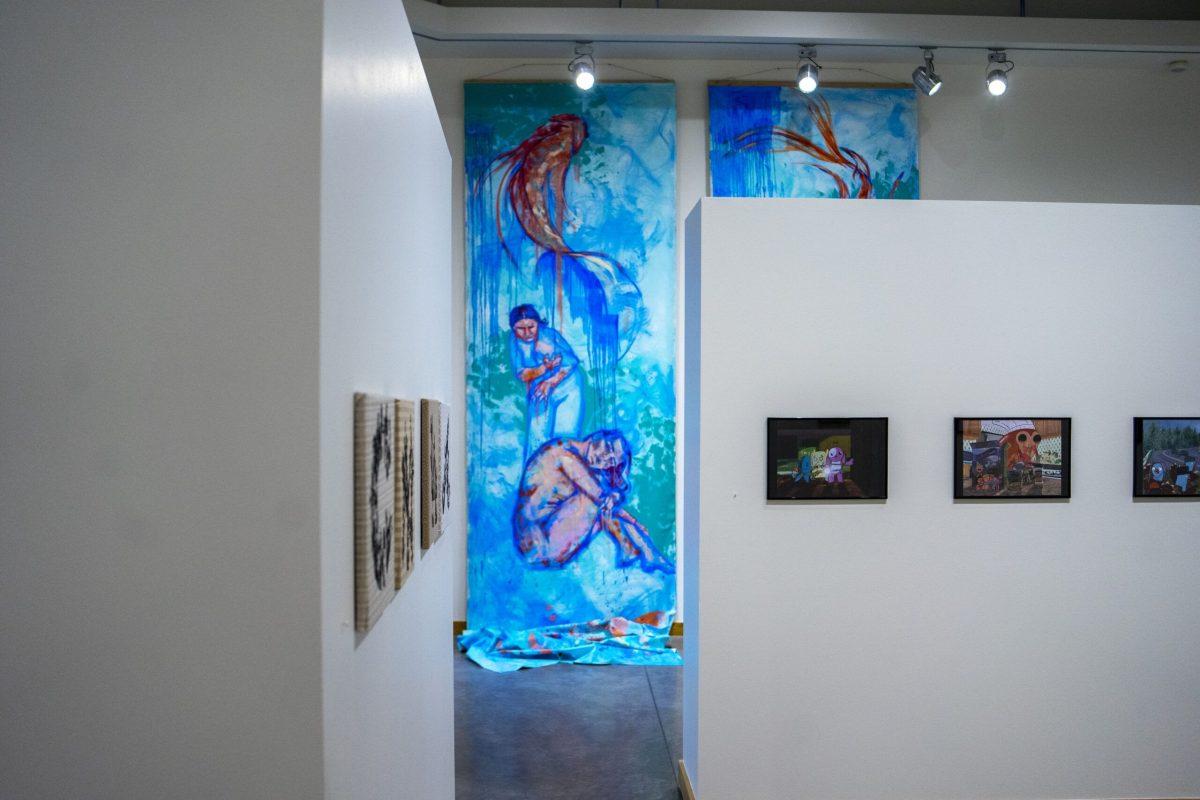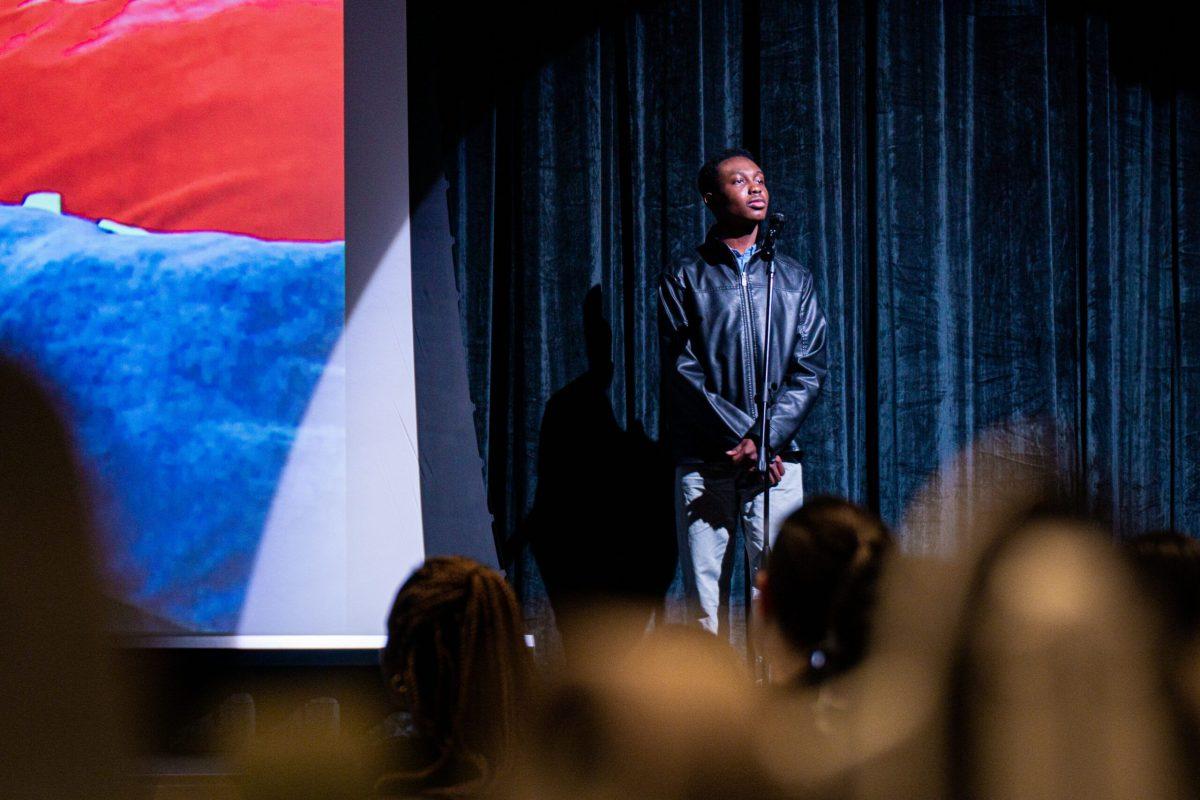
Recent conversations between Whitworth’s campus ministry staff and conservative Christian students have highlighted greater tensions on Whitworth’s campus. Through these conversations, campus ministry is seeking guidance on how they can better support students’ pursuit of Jesus on a politically diverse campus.
Several Campus Ministry Coordinators (CMCs) inspired these conversations by raising concerns to campus pastors, one being that some students didn’t feel they had a space to share their opinions. In response, Forrest Buckner, dean of spiritual life, invited these students to participate in two “town hall” discussions, which encouraged students to contribute honest feedback about how Campus Ministry unites Christians across various differences.
“The hope in these meetings was not to turn campus ministry, or even to turn Whitworth, more conservative,” said Colin Pfening, the CMC in Duvall and one of the primary catalysts of these discussions. “I just know that Whitworth University prides itself on being a place where people from all walks of life, from all faith backgrounds [and] from all political backgrounds should be able to come and learn how to dialogue in important ways and to have healthy discussion.”
This trend isn’t an isolated instance, as over half of college students said they refrain from expressing their views on campus out of fear of losing respect or being ridiculed by peers, according to several studies compiled by Marybeth Gasman. Gasman found that students also highly value exposure to a wide variety of opinions and many come to college for that exact reason.
If the goal of Whitworth, as stated in Whitworth’s Statement on Freedom of Expression, is to “support free expression so that members of our community may enter honestly, courageously and even joyfully into disagreements and debates about difficult questions and difficult ideas,” students should be met with a variety of spaces on campus in which differences in opinion are acknowledged and healthy dialogue is encouraged.
The statement adds, “That kind of engagement is integral to our mission of seeking the truth for the sake of the world’s flourishing and God’s glory.”
According to Buckner, students at the meetings acknowledged a noticeable gap between these goals and what was actually playing out on campus. A particular concern voiced by these students had to do with foundational truths of the Gospel and the idea that Jesus is the only way to Heaven and the cornerstone of Christian faith. To Forrest, this was “something that we believe deeply, and we thought we’d been communicating, but yet it wasn’t being heard.”
Both Pfening and Buckner challenge students to find opportunity in these tensions on campus, in hopes that it can preserve Whitworth’s goal to honor God, follow Christ and serve humanity. “Boldly lean into these conversations with people, especially ones who maybe have different opinions,” Buckner said. “Say, ‘hey, I respect you and would like to understand your perspective,’ and also boldly share yours.”

